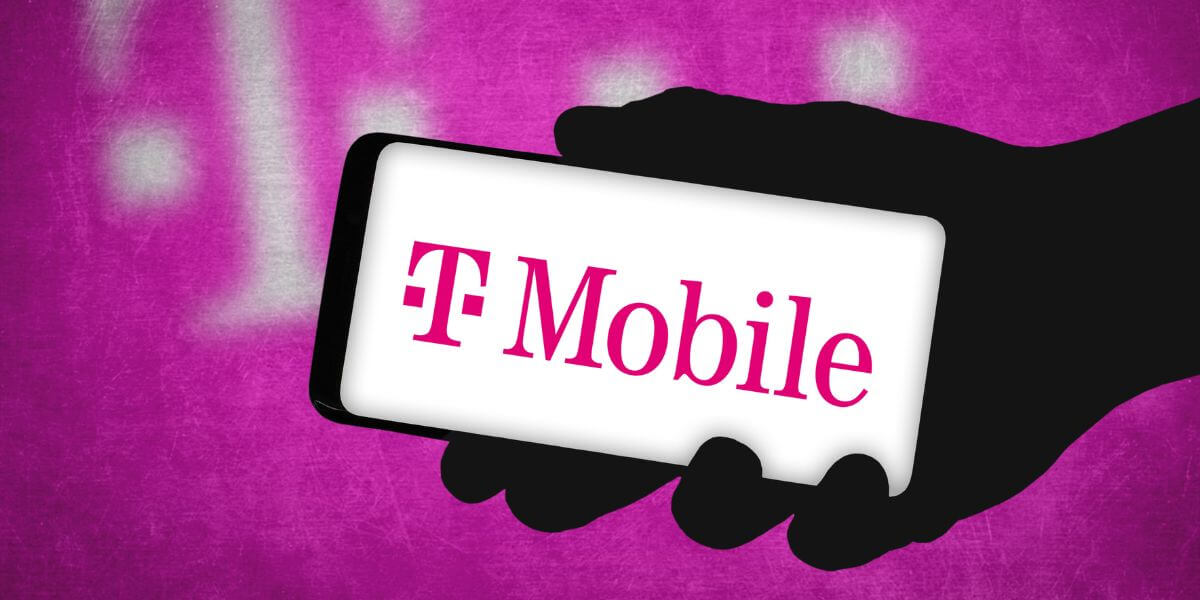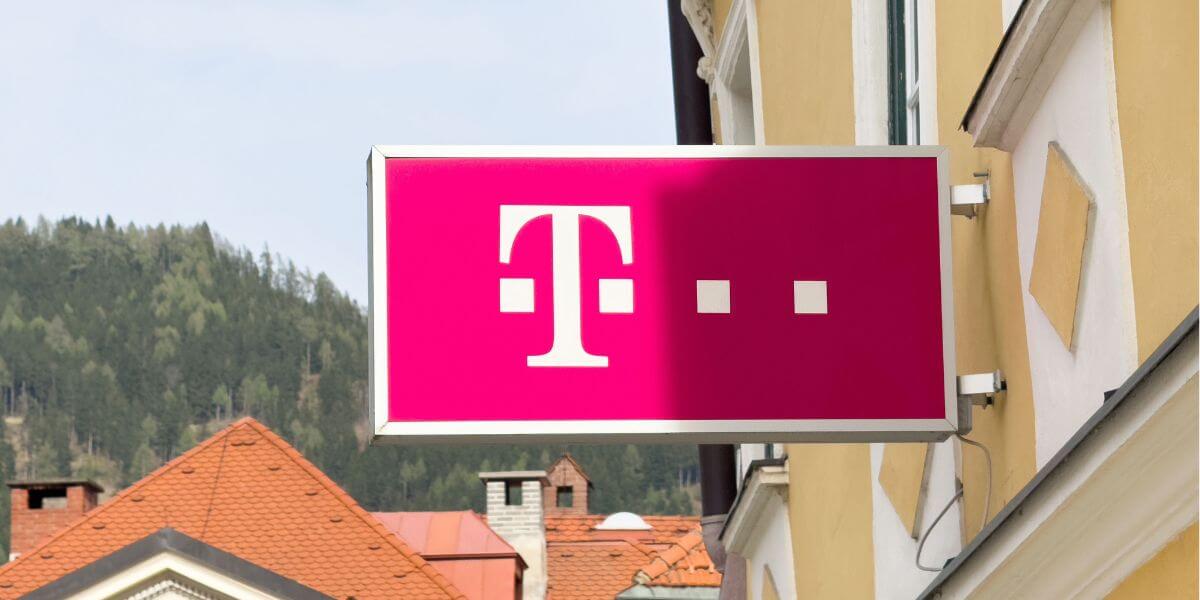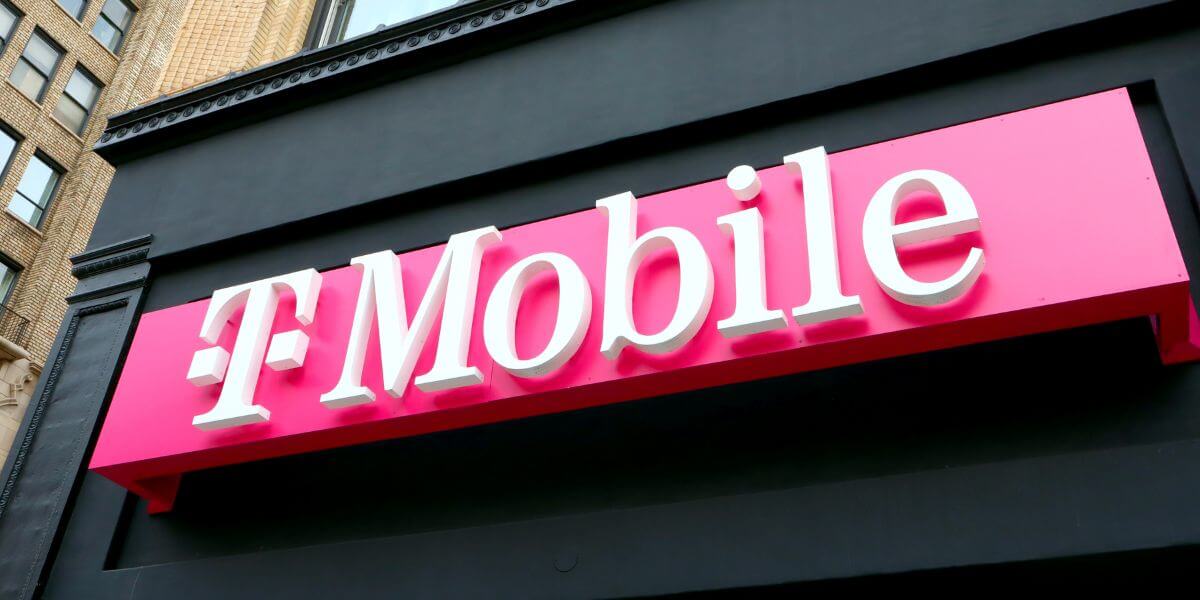Lower your internet bill
Enter your zip code to find the best deals & promos in your area.
1 Star is Poor & 5 Stars is Excellent.
* Required
Written by Sam Watanuki - Pub. Sep 14, 2025 / Updated Sep 14, 2025
Table of Contents
Are you happy with your Internet service?
About the author
T-Mobile closed its joint venture with EQT to acquire Lumos on April 1, 2025 [1], marking a major moment in the company’s transformation from wireless disruptor to wide-ranging broadband provider. The deal brings T-Mobile’s total fiber investment to $1.45 billion for Lumos alone, with plans to expand the network from 475,000 homes to 3.5 million by 2028 [2].
Combined with its earlier Metronet acquisition, T-Mobile now targets serving 12-15 million households with fiber by 2030, positioning itself as a formidable challenger to cable giants and traditional internet providers.
Enter your zip code to find the best deals & promos in your area.
T-Mobile’s journey into fiber internet is the latest chapter in its ongoing mission to “change broadband for good." The company has evolved rapidly from launching 5G Home Internet in April 2021 to becoming America’s fifth-largest and fastest-growing internet service provider. With over 6.4 million broadband customers as of late 2024 and more than 1 million people on its waitlist, T-Mobile identified fiber as the logical next step to meet surging demand.
The Lumos acquisition demonstrates T-Mobile’s strategic approach to fiber expansion. Rather than building networks from scratch, the company partners with established providers to leverage existing infrastructure while bringing its customer-first philosophy to underserved markets. Lumos operates a 7,500-mile fiber network across the Mid-Atlantic, providing high-speed connectivity to communities that have historically lacked competitive internet options.
“T-Mobile is already the fastest-growing broadband provider in America, and expanding into fiber helps us take the next big step in delivering what customers truly want – faster, more reliable internet that simply works," said Mike Katz, T-Mobile President of Marketing, Strategy and Products. This expansion builds on T-Mobile’s track record of disrupting established industries by eliminating the pain points that frustrate consumers.
The Un-carrier’s approach to fiber internet attacks every major complaint customers have about traditional internet providers. T-Mobile Fiber comes with no contracts, no equipment rental fees, and no installation charges, eliminating the hidden costs that often surprise customers on their monthly bills. The company’s “no exploding bills" pricing structure means customers won’t face unexpected rate increases that plague many cable subscribers.
Current Lumos customers will automatically gain access to T-Mobile’s signature perks, including Magenta Status benefits with discounts on food, gas, and entertainment, plus weekly freebies through the T-Life app [3]. These value-added services extend T-Mobile’s mobile customer experience to home internet, creating an ecosystem that rewards loyalty across services.
The technical specifications match T-Mobile’s customer-friendly approach. Every fiber plan includes unlimited data, professional installation, and Wi-Fi equipment at no additional cost. This contrasts sharply with traditional internet providers, who often charge separately for installation, equipment rental, and data overages. T-Mobile’s nationwide retail presence also means customers can get in-person support, unlike many fiber providers who operate primarily online or through call centers.

Strategic Expansion Through Smart Partnerships
T-Mobile’s fiber strategy relies on joint ventures rather than direct ownership, allowing the company to expand rapidly while maintaining capital efficiency. The Lumos deal structure pairs T-Mobile’s $950 million initial investment with EQT’s fiber infrastructure expertise [4] and Lumos’s proven deployment capabilities [5]. An additional $500 million planned between 2027 and 2028 will fuel further expansion across the Mid-Atlantic region.
This partnership model allows T-Mobile to focus on what it does best: customer acquisition, marketing, and service delivery. EQT brings deep experience in digital infrastructure investments, while Lumos provides the technical expertise and local market knowledge necessary for successful fiber deployment. The combination creates a platform for rapid scaling without the massive capital requirements of building networks from scratch.
Brian Stading, CEO of Lumos, emphasized the partnership’s potential: “Partnering with EQT and T-Mobile, we’re ready to scale faster, deliver cutting-edge fiber technology to more people, and change even more lives. This is about more than just internet – it’s about building the infrastructure of the future and creating lasting opportunity, connection, and impact for communities."
T-Mobile enters the fiber market at a time when demand for high-speed internet continues growing, while customer satisfaction with traditional providers remains low. The company’s fiber service complements its successful 5G Home Internet offering, which already serves 70 million eligible homes. As 5G Home Internet approaches capacity constraints, fiber provides an additional avenue to capture the significant pent-up demand evident in T-Mobile’s million-person waitlist [6].
The timing proves strategic as consumers increasingly prioritize reliable, high-speed connectivity for remote work, streaming, gaming, and smart home applications. Fiber-to-the-home technology offers superior performance compared to cable and wireless alternatives, with symmetrical upload and download speeds, lower latency, and greater reliability during peak usage periods.
T-Mobile’s entry also benefits from broader industry trends favoring fiber deployment. Government infrastructure investments, including the $42.45 billion BEAD program [7], are accelerating fiber buildouts nationwide. Consumer preference for fiber over cable continues growing, particularly among younger demographics who value both performance and transparent pricing.

Compare Internet Providers: What Makes T-Mobile Different
When looking for the best internet in your area, T-Mobile Fiber distinguishes itself through several key advantages over traditional internet providers. The company’s approach to internet comparison shows stark differences from cable and telecom competitors, who often rely on promotional pricing that increases after introductory periods.
T-Mobile’s pricing transparency eliminates the guesswork common when trying to compare internet plans. Customers know exactly what they’ll pay monthly without worrying about surprise fees, equipment charges, or rate increases. This predictability makes it easier for consumers to compare internet providers and understand true long-term costs rather than just promotional rates.
The inclusion of professional installation and Wi-Fi equipment at no extra cost also simplifies internet price comparison. Many traditional providers advertise low base rates but add substantial fees for installation, equipment rental, and activation. T-Mobile’s all-inclusive approach makes it easier for customers to understand actual monthly costs when evaluating the best internet providers in their market.
For customers seeking to compare internet providers, T-Mobile’s combination of fiber technology, transparent pricing, and comprehensive customer support creates a compelling alternative to cable monopolies and regional telecom providers. The company’s established retail presence provides in-person support often unavailable from other fiber providers, making it easier for customers to get help when needed.
T-Mobile’s fiber expansion isn’t just another internet provider entering local markets. The company’s track record of industry disruption suggests its fiber service could pressure existing providers to improve their offerings and pricing. When T-Mobile entered the wireless market as the “Un-carrier," it forced competitors to eliminate contracts, reduce roaming charges, and improve customer service.
The fiber market appears ripe for similar disruption. Many Americans, particularly in smaller markets, have limited choices among internet providers, often facing a choice between cable monopolies and slower DSL services. T-Mobile’s entry brings true competition to markets that have long lacked meaningful alternatives, potentially benefiting all consumers through improved service and competitive pricing.
The company’s emphasis on underserved communities also addresses a broadband accessibility challenge. While major metropolitan areas often have multiple high-speed internet options, smaller cities and rural areas frequently lack competitive choices. T-Mobile’s partnership approach allows it to enter these markets more efficiently than building networks from scratch.

Looking Ahead: Ambitious Goals and Market Expansion
T-Mobile’s fiber ambitions extend well beyond the current Lumos footprint. The company expects to reach 12-15 million households with fiber by 2030, representing significant expansion from today’s base. This growth will likely involve additional partnerships and acquisitions as T-Mobile identifies markets where its customer-centric approach can drive further rapid subscriber growth.
The integration of fiber and wireless services also positions T-Mobile to offer comprehensive connectivity solutions. Customers can potentially bundle mobile, home internet, and eventually business services under a single provider, simplifying billing and support while enabling attractive pricing packages. This convergence strategy mirrors successful approaches by other telecommunications companies, but with T-Mobile’s distinctive focus on eliminating customer pain points.
Market conditions favor T-Mobile’s expansion plans. Fiber deployment costs continue declining due to technological improvements and increased competition among equipment suppliers. Consumer demand for high-speed internet remains strong, driven by bandwidth-intensive applications and the ongoing shift toward remote work. Government policies also support fiber deployment through infrastructure funding and streamlined permitting processes.
Enter your ZIP code here to see all available internet options in your neighborhood.
T-Mobile Fiber provides symmetrical speeds with upload and download rates that match, unlike cable internet which typically offers much slower upload speeds. Specific speed tiers and pricing will be announced as the service launches in each market following the Lumos integration.
Currently, T-Mobile Fiber operates in parts of 32 U.S. markets, with the Lumos acquisition adding coverage across Virginia, North Carolina, and South Carolina. The company plans to expand to 12-15 million households by 2030 through additional partnerships and strategic acquisitions.
T-Mobile Fiber offers several advantages over cable internet, including symmetrical upload/download speeds, no data caps, transparent pricing without promotional rates that increase later, and included equipment and installation. Fiber technology also provides more consistent performance during peak usage times.
Yes, T-Mobile plans to offer bundling discounts for customers who combine fiber internet with T-Mobile wireless service. Existing T-Mobile wireless customers will receive priority access and special pricing when T-Mobile Fiber becomes available in their area.
[2] T-Mobile. “T‑Mobile and EQT Close Joint Venture to Acquire Lumos and Expand Fiber Internet Access."
[3] T-Mobile. “Experience Magenta Status."
[4] EQT. “The Future of Fiber Internet Is Here."
[6] T-Mobile. “T‑Mobile Launches Fiber Home Internet with New Plans and 5-Year Price Guarantee."
About the author
We cannot find results with the zip code you entered, but we can still offer you great internet deals in your neighborhood.
Click below to call for more information:
[tel]Enter your zip code to find the best deals & promos in your area.